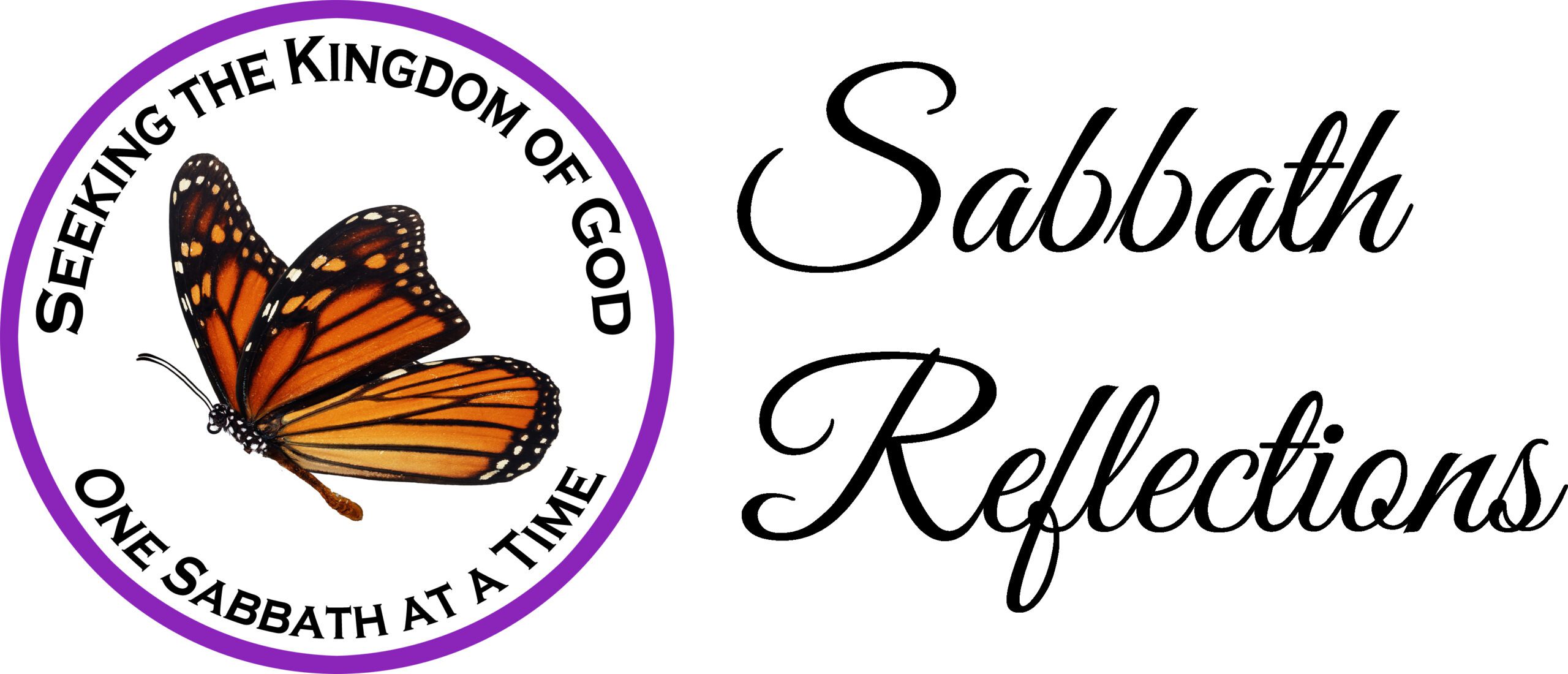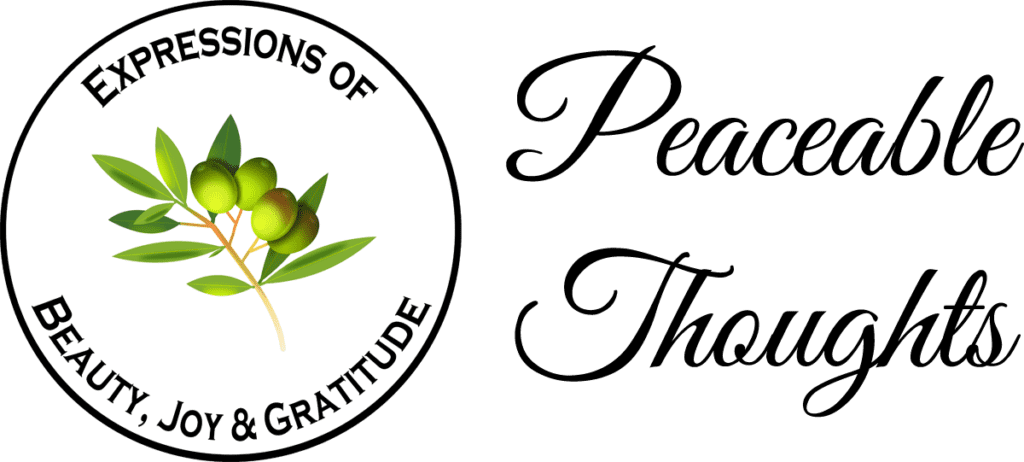SABBATH THOUGHT 2023-04-29—KINSMAN & REDEEMER
May God bless you on His Sabbath day!
The Bible is replete with ancient customs, many of which are unfamiliar to us today. Even though they can generally be understood from context, customs also affect the language. One particular example is the meaning behind kinsman. In English, it strictly means a blood relation. However, in ancient times it was much more than just a blood relative. Lineage was important to every family so they knew their genealogies back to the flood and beyond. Some are even recorded in the Bible. This is quite a contrast to today where few of us know our genealogy beyond a few generations.
One of the reasons blood lines were so important was because there was a legal heritage associated within a family. This was especially important when it came to property. Land was important; it was the means to raise crops and herds, a place to build homes, and a source of water and minerals. Land was required to survive. One’s inheritance also defined nationality, profession or occupation, and many times determined positions of authority within a community or nation.
One of the most important roles of a kinsman within a family was the role as family protector or avenger. The Hebrew word ga’al is translated kinsman but it literally means kinsman redeemer. A kinsman redeemer was expected to help a relative who was unable to repay his debts (Lev. 25:25), to restore a relative who had been sold into servitude (Lev. 25:47-52), or to avenge the murder of a family member (Num. 35:19, 21, 25, 27; Deut. 19:5-6, 12).
Another responsibility of a kinsman redeemer was to ensure the continuation of the family lineage and inheritance. When a man died without children, ancient Israelite custom (and law) required a close relative to buy back any property that was sold and have children with the widow so that the dead man’s lineage and heritage would continue. The book of Ruth tells the story of one such kinsman redeemer. The following from Adam Clarke’s Commentary summarizes the story (emphasis mine):
CHAPTER 1: Elimelech, his wife Naomi, and their two sons, Mahlon and Chilion, flee from a famine in the land of Israel, and go to sojourn in Moab. Here his two sons marry; and, in the space of ten years, both they and their father die. Naomi returns to her own country [Israel], accompanied by her daughters-in-law Orpah and Ruth. She endeavors to persuade them to return to their own people and, although Orpah returns, Ruth follows her mother-in-law. They arrive at Bethlehem in the time of the barley harvest.
CHAPTER 2: There, Ruth goes to glean in the field of Boaz according to the law. Boaz sees her, and inquires who she is. He speaks kindly to her and gives her permission to follow his reapers, who have orders to treat her well. She returns in the evening to Naomi and tells her all that Boaz did for her.
CHAPTER 3: Naomi’s advice to Ruth invokes the kinsman’s duty to marry his dead brother’s wife to continue his inheritance. Ruth acts according to her mother-in-law’s direction, and is kindly received by Boaz who promises to marry her should her nearer kinsman refuse. He gives her six measures of barley, and sends her away privately to her mother-in-law.
CHAPTER 4: The next day Boaz gathers a council of the elders at the city gates, states the case, and proposes to the nearest kinsman [that] he redeem the inheritance of Elimelech and take Ruth to wife. The kinsman refuses, and relinquishes his right to Boaz. Boaz redeems the inheritance in the presence of the elders and the people who witness the contract and pray for God’s blessing upon the marriage.
The story of Ruth is one of an Israelite family that was forced to abandoned their land and people. They suffered poverty and death for their choices but in the end, a few survivors returned to Israel. Those that returned included Ruth, a Moabitess who sought the God of Israel through her relationship to her mother-in-law Naomi. For her faithfulness, Ruth received her dead husband’s land and was redeemed through marriage to Boaz. The biblical record of the binding agreement that Boaz entered into is recorded in Ruth 4:3-10. Notice the intense focus on redemption and inheritance:
RUTH 4:3-10 And he [Boaz] said unto the kinsman, Naomi, that is come again out of the country of Moab, selleth a parcel of land, which was our brother Elimelech’s: 4 And I thought to advertise thee, saying, Buy it before the inhabitants, and before the elders of my people. If thou wilt redeem it, redeem it: but if thou wilt not redeem it, then tell me, that I may know: for there is none to redeem it beside thee; and I am after thee. And he said, I will redeem it. 5 Then said Boaz, What day thou buyest the field of the hand of Naomi, thou must buy it also of Ruth the Moabitess, the wife of the dead, to raise up the name of the dead upon his inheritance. 6 And the kinsman said, I cannot redeem it for myself, lest I mar mine own inheritance: redeem thou my right to thyself; for I cannot redeem it. 7 Now this was the manner in former time in Israel concerning redeeming and concerning changing, for to confirm all things; a man plucked off his shoe, and gave it to his neighbour: and this was a testimony in Israel. 8 Therefore the kinsman said unto Boaz, Buy it for thee. So he drew off his shoe. 9 And Boaz said unto the elders, and unto all the people, Ye are witnesses this day, that I have bought all that was Elimelech’s, and all that was Chilion’s and Mahlon’s, of the hand of Naomi. 10 Moreover Ruth the Moabitess, the wife of Mahlon, have I purchased to be my wife, to raise up the name of the dead upon his inheritance, that the name of the dead be not cut off from among his brethren, and from the gate of his place: ye are witnesses this day.
But the culture of kinsman redeemer is not limited to the OT. After the birth of John the Baptist, his father Zacharias prophesied this of Jesus Christ:
LUKE 1:68-69, 71 “Blessed be the Lord, the God of Israel, because He has visited and has worked redemption for His people, 69 And has raised up a horn of salvation [redemption] for us in the house [literally, family (heritage)] of His servant David; … 71 Salvation [redemption] from our enemies and from the hand of all those who hate us”
Even though she was a Moabitess, Ruth’s heritage by her marriage to Naomi’s son Mahlon and her subsequent marriage to Boaz gave her full status as an Israelite. Her story is a reflection of the redemption of mankind and our heritage. Through His sacrifice, Jesus Christ became our Kinsman Redeemer.
The concept of a kinsman redeemer is a foundation of eternal salvation throughout the Bible because of sin. How does sin play into it? Paul said, “I am carnal, having been sold as a bondservant under sin.” (Rom. 7:14). Why does he talk about being sold as a bondservant because of sin? Notice the law of trespasses:
NUMBERS 5:6-7 Speak unto the children of Israel, When a man or woman shall commit any sin that men commit, to do a trespass against the LORD, and that person be guilty; 7 Then they shall confess their sin which they have done: and he shall recompense his trespass with the principal thereof, and add unto it the fifth part thereof, and give it unto him against whom he hath trespassed.
There is a price for sin that has to be paid. All sin is against God[1] and, when we sin, we owe God the “principal” value against the sin plus twenty percent. The principal value for every sin is the death of the sinner[2] by the shedding of blood[3]. But that is only the 100% principle amount. Every sinner still owes an additional twenty percent on top of that! No one has enough to pay for their sins because we cannot give more than 100% of our lives. There will always be the additional 20% “interest” owed; therefore, every sinner becomes a debtor without the means to repay. Whenever someone owed a debt that could not be repaid, they could be sold as a bondservant[4]:
MATTHEW 18:23-25 Therefore, the kingdom of heaven is compared to a man, a certain king, who would take account with his servants. 24 And after he began to reckon, there was brought to him one debtor who owed him ten thousand talents. 25 But since he did not have anything to pay, his lord commanded him to be sold, and his wife and children, and all that he had, and payment to be made.
So, when we sin we are “sold as a bondservant under sin” because we can never repay the 20% interest. After the sin of Adam, God had to take on the role of kinsman redeemer because only He could pay the full penalty for sin—the 120% owed by sinners! By His sacrifice, Jesus Christ claimed the right of Kinsman Redeemer by paying our debt:
COLOSSIANS 2:14 He [Jesus Christ] has blotted out the note of debt against us with the decrees of our sins, which was contrary to us; and He has taken it away, having nailed it to the cross.
After paying our debts, Jesus Christ also “purchased[5]” the right of marriage because He is our Kinsman Redeemer, just like Boaz who married Ruth:
ISAIAH 54:1, 4-5, 8 Sing, O barren, thou that didst not bear; break forth into singing, and cry aloud, thou that didst not travail with child: for more are the children of the desolate than the children of the married wife, saith the LORD. … 4 Fear not; for thou shalt not be ashamed: neither be thou confounded; for thou shalt not be put to shame: for thou shalt forget the shame of thy youth, and shalt not remember the reproach of thy widowhood any more. 5 For thy Maker is thine husband; the LORD of hosts is his name; and thy Redeemer the Holy One of Israel; The God of the whole earth shall he be called. … 8 … with everlasting kindness will I have mercy on thee, saith the LORD thy Redeemer.
REVELATION 14:3-4; 19:7-9 … And no one was able to learn the song except the hundred and forty-four thousand, who were redeemed from the earth. 4 These are the ones who were not defiled with women, for they are virgins; they are the ones who follow the Lamb wherever He goes. They were purchased from among men as first fruits to God and to the Lamb; … 19:7 Let us be glad and shout with joy; and let us give glory to Him; for the marriage of the Lamb has come, and His wife has made herself ready.” 8 And it was granted to her that she should be clothed in fine linen, pure and bright; for the fine linen is the righteousness of the saints. 9 And he said to me, “Write: Blessed are those who are called to the marriage supper of the Lamb.” And he said to me, “These are the true words of God.”
And it will be by marriage to Jesus Christ that our inheritance is restored that was lost through Adam:
REVELATION 21:7 The one who overcomes shall inherit all things; and I will be his God, and he shall be My son.
God the Father and Jesus Christ together are our Kinsman Redeemer who have redeemed us from a debt that cannot be repaid and for that, God the Father purchased His Son a Bride and restores our inheritance![6]
REVELATION 5:9 And they [the saints] sang a new song, saying, “… You were slain, and did redeem us to God by Your own blood, out of every tribe and language and people and nation.
May God’s grace and peace be upon you!
Steven Greene



1 comment
Debbie Wilsdorf
Very good thanks Steven